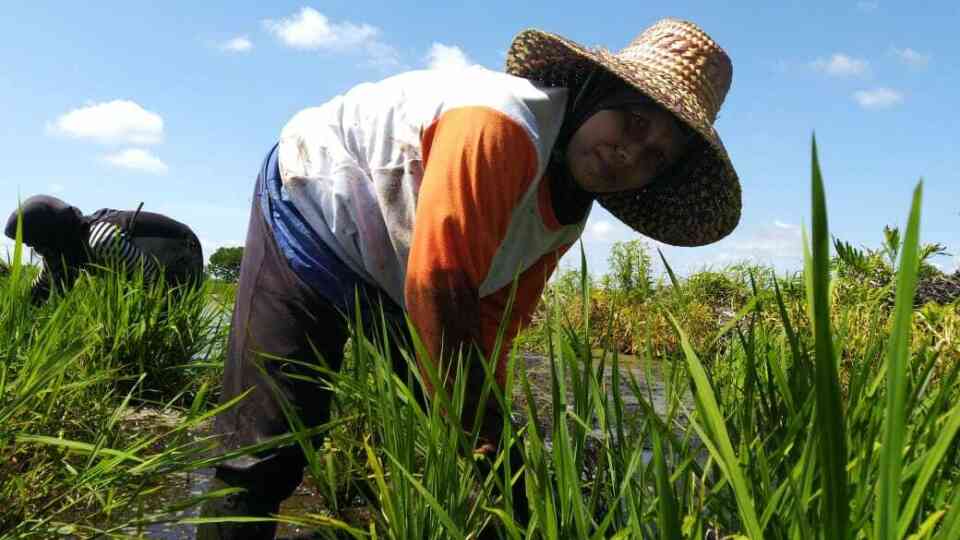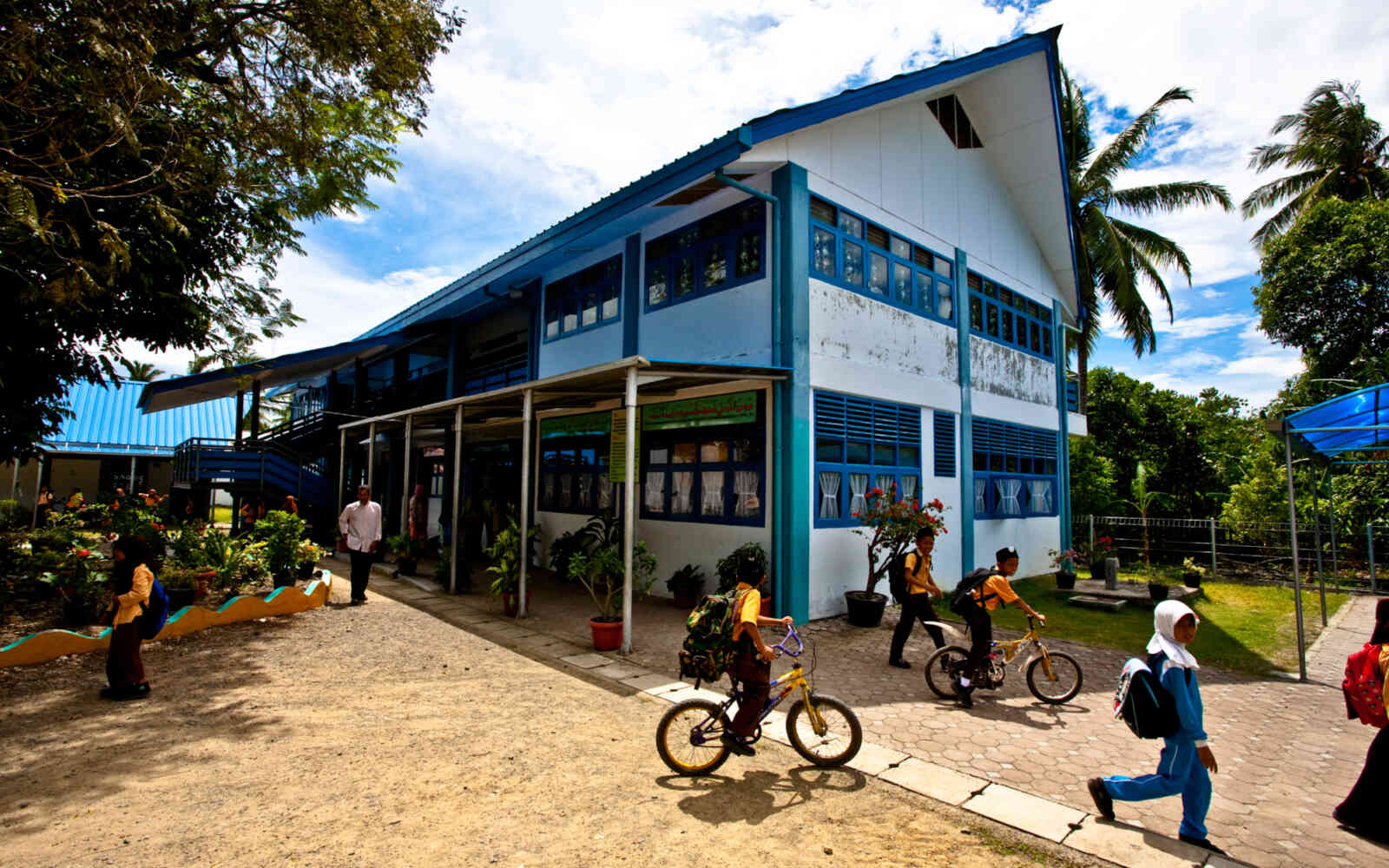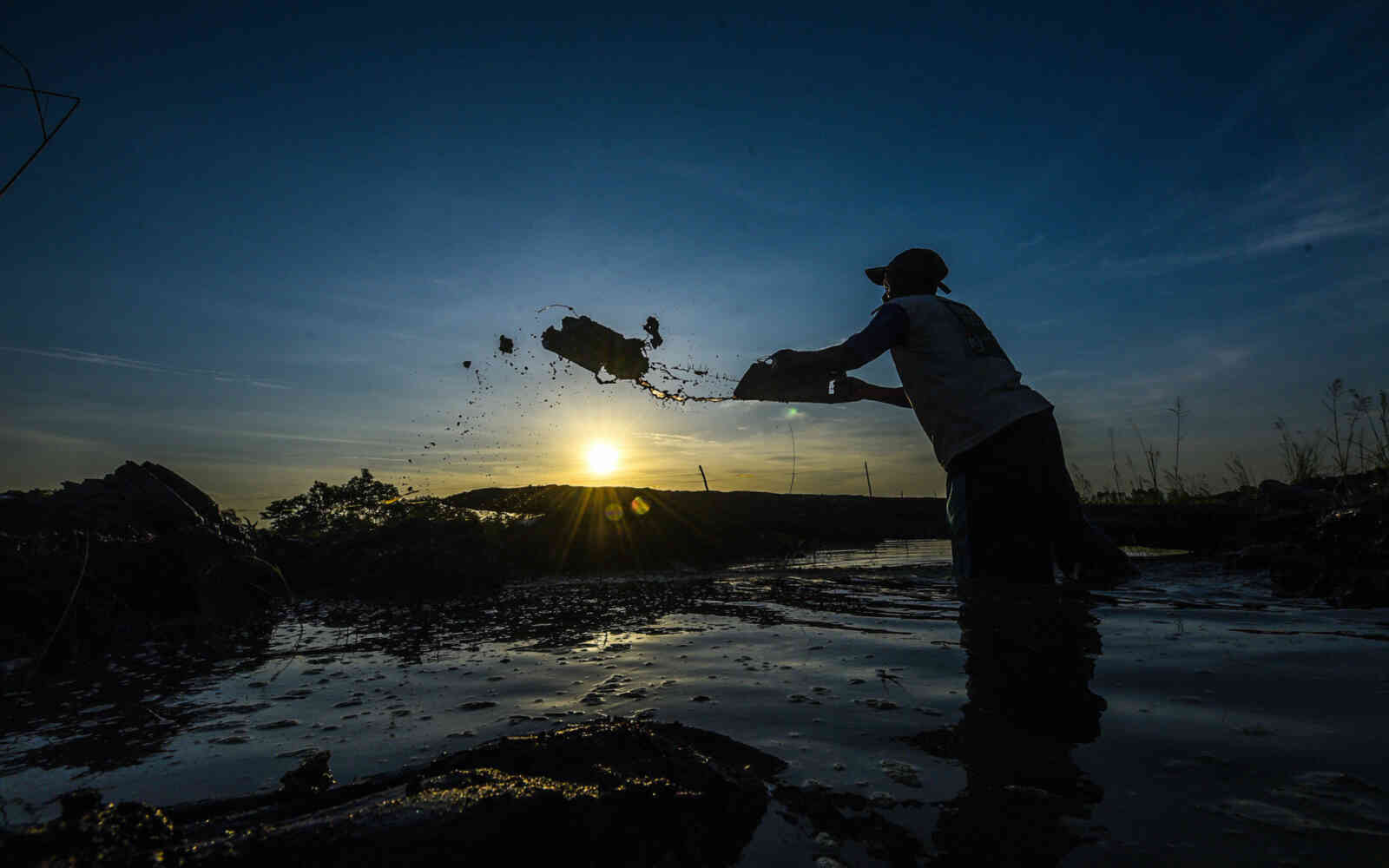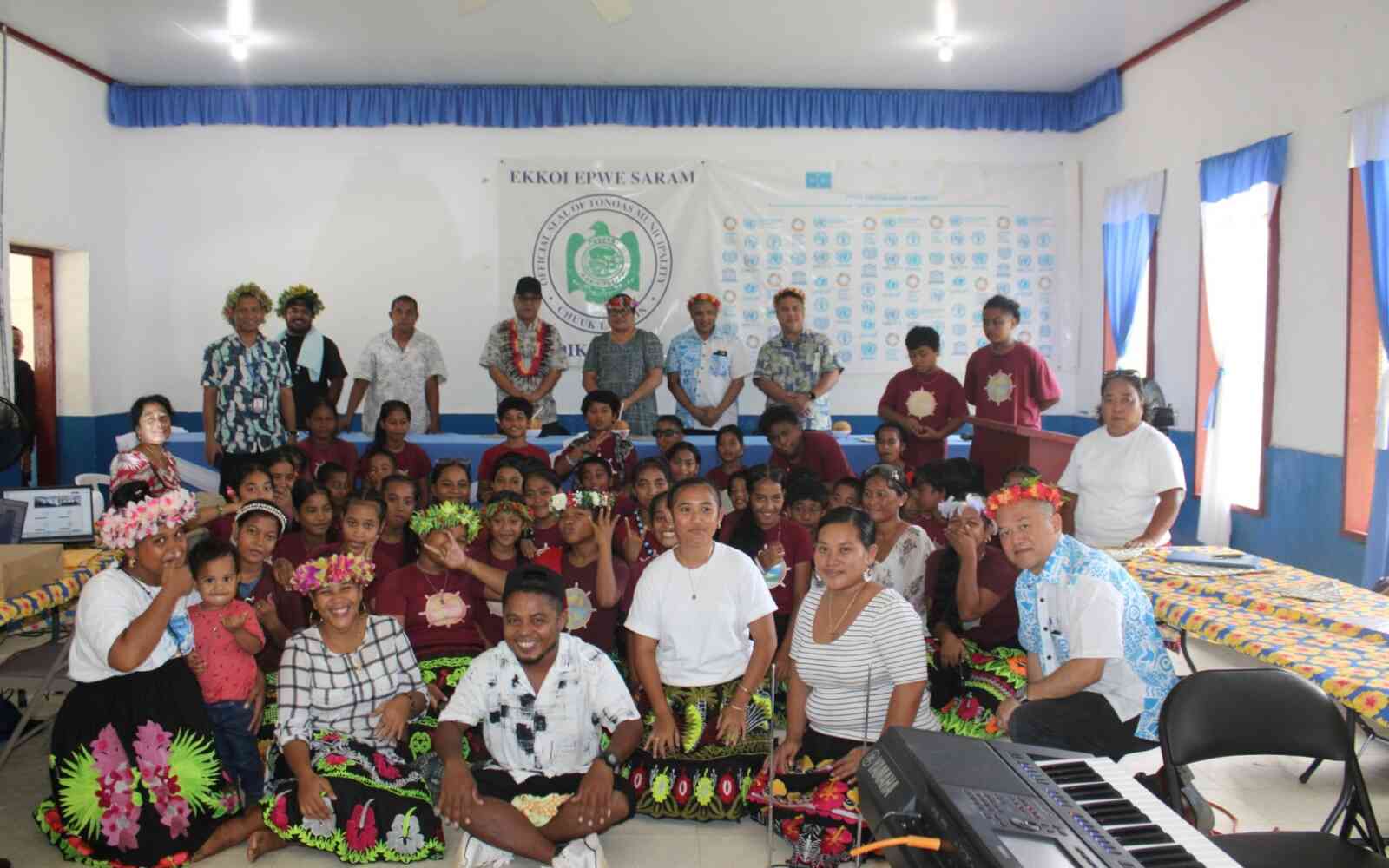The United Nations Office for Project Services (UNOPS)

 Indonesia
Indonesia
ASEAN Secretariat
Indonesian Government Ministries and Departments
Temasek Foundation
United Nations Environment Programme (UNEP)
World Bank
UNOPS established its operations in Indonesia in 2005 in response to the catastrophic Indian Ocean tsunami.
On behalf of partners, UNOPS is delivering over $200 million in projects in the country, with a strong focus on infrastructure development, fund management, sustainable and capacity building.These projects drive progress toward the Sustainable Development Goals in key areas including environmental protection and climate action,energy transition, health and education infrastructure, marine resource management, and post-disaster recovery and management.
Furthermore, UNOPS Indonesia plays a vital role in strengthening post-COVID-19 economic resilience and providing advisory support, technical assistance, and transactional services to other UN agencies.














